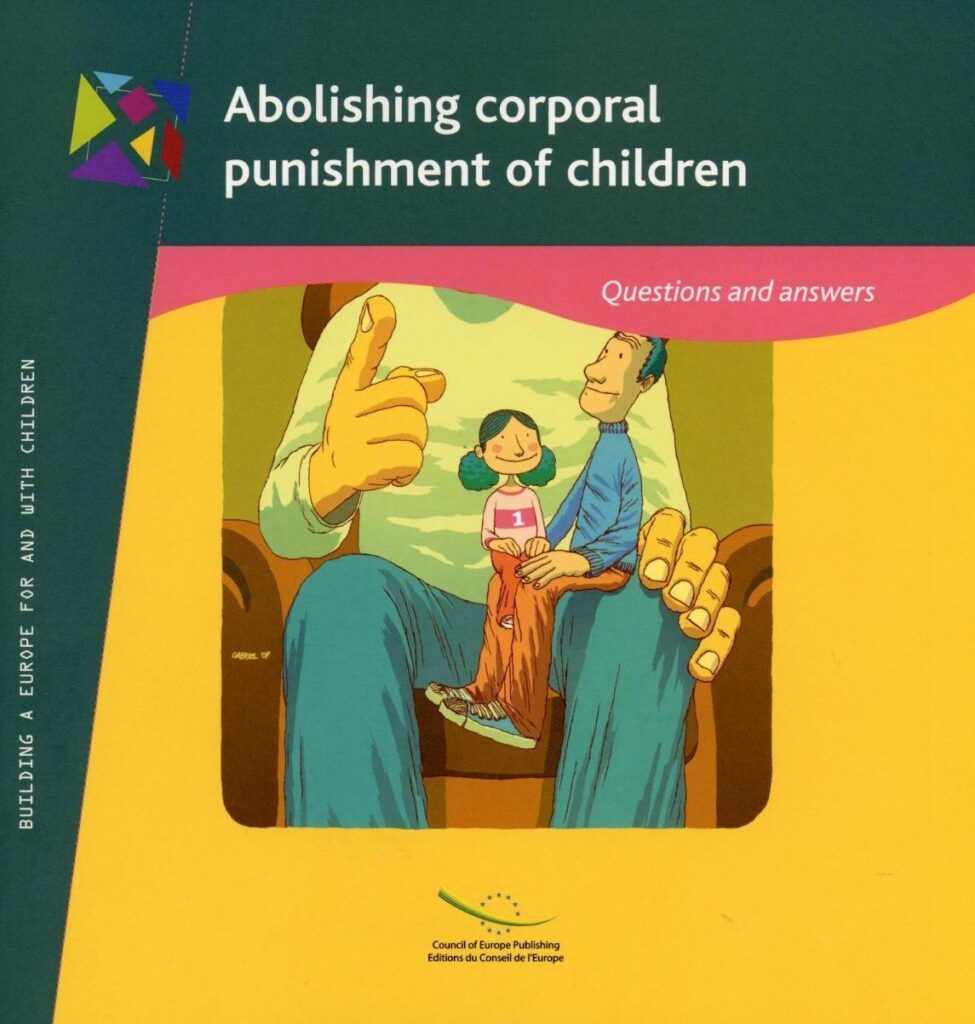A new report released by the World Health Organization (WHO) has brought renewed attention to the damaging effects of corporal punishment on children’s health. The comprehensive study highlights how physical punishment not only jeopardizes children’s physical well-being but also poses significant risks to their mental and emotional development. As debates around child discipline methods continue worldwide, the WHO’s findings underscore the urgent need for policymakers, educators, and caregivers to adopt non-violent approaches that safeguard children’s rights and promote healthier futures.
Corporal Punishment Linked to Long-Term Physical and Mental Health Issues in Children
Recent studies have highlighted the enduring repercussions of physical punishment on children, revealing alarming connections between corporal punishment and chronic health challenges. Experts emphasize that beyond immediate physical injuries, children subjected to such discipline are significantly more prone to develop long-term mental health disorders such as anxiety, depression, and post-traumatic stress. These psychological effects often persist into adulthood, impairing social relationships and overall well-being. Additionally, the stress resulting from corporal punishment can trigger biological responses linked to heart disease, obesity, and other chronic illnesses, underscoring the need to reconsider disciplinary practices globally.
The World Health Organization’s comprehensive analysis illustrates the multifaceted nature of harm that corporal punishment inflicts, urging policymakers to focus on prevention strategies tailored to protect vulnerable populations. Below is a summary of key health outcomes associated with corporal punishment, emphasizing the breadth and severity of its impact:
| Health Issue | Description | Prevalence Increase |
|---|---|---|
| Depression | Chronic low mood and sadness | Up to 30% |
| Cardiovascular Disease | Long-term heart problems | 15-20% |
| Post-Traumatic Stress | Exposure-related anxiety disorders | 25% |
| Obesity | Abnormal weight gain linked to stress | 10-15% |
- Heightened risk of behavioral issues, including aggression and substance abuse
- Impaired cognitive development leading to academic difficulties
- Increased vulnerability to further abuse and neglect
WHO Highlights Alarming Global Trends in Use of Physical Discipline
The World Health Organization’s latest report sheds light on distressing global patterns in the use of corporal punishment. Despite decades of evidence revealing its detrimental effects on children’s mental and physical well-being, millions of children worldwide continue to endure physical discipline. The report emphasizes that such practices not only violate children’s rights but also inflict long-term damage, including increased risks of anxiety, depression, and aggressive behavior later in life.
Key findings reveal that corporal punishment:
- Remains prevalent in over 60% of countries surveyed.
- Is linked to disrupted brain development in young children.
- Correlates with higher dropout rates and poorer educational outcomes.
| Region | Percentage of Children Experiencing Physical Discipline | Notable Impact |
|---|---|---|
| Sub-Saharan Africa | 72% | High rates of school absenteeism |
| Latin America | 65% | Increased emotional disorders |
| Europe | 28% | Lower prevalence but rising concerns |
| Asia Pacific | 55% | Widespread cultural acceptance |
Experts Urge Governments to Implement Comprehensive Bans and Promote Positive Parenting Alternatives
Leading child development experts are calling for urgent government action to eliminate the use of corporal punishment in all settings, citing extensive evidence that such practices cause long-term psychological and physical harm. They emphasize the need for comprehensive national bans that protect children’s rights and promote safer, more effective discipline methods. These measures are seen as essential to dismantle deeply ingrained cultural norms and replace them with approaches that foster healthy emotional growth and positive parent-child relationships.
Alongside legislative changes, specialists advocate for large-scale initiatives to educate caregivers on alternatives to physical punishment. These programs include:
- Parenting workshops focused on non-violent communication
- Community support groups reinforcing positive discipline
- Accessible resources offering behavioral guidance without harm
| Recommended Alternatives | Key Benefits |
|---|---|
| Time-outs | Reduces immediate conflict, promotes reflection |
| Positive reinforcement | Encourages good behavior, builds self-esteem |
| Clear, consistent rules | Provides structure, reduces confusion |
With such evidence-based strategies, governments can play a pivotal role in safeguarding children’s well-being and setting a new standard for nurturing environments worldwide.
The Conclusion
The new report from the World Health Organization adds to the growing body of evidence that corporal punishment has significant negative effects on children’s health and development. As policymakers and communities around the world consider how to protect the well-being of the youngest members of society, this comprehensive analysis underscores the urgent need to eliminate physical punishment in all settings. Moving forward, experts emphasize that alternative, non-violent disciplinary methods must be promoted to foster safer and healthier environments for children everywhere.
